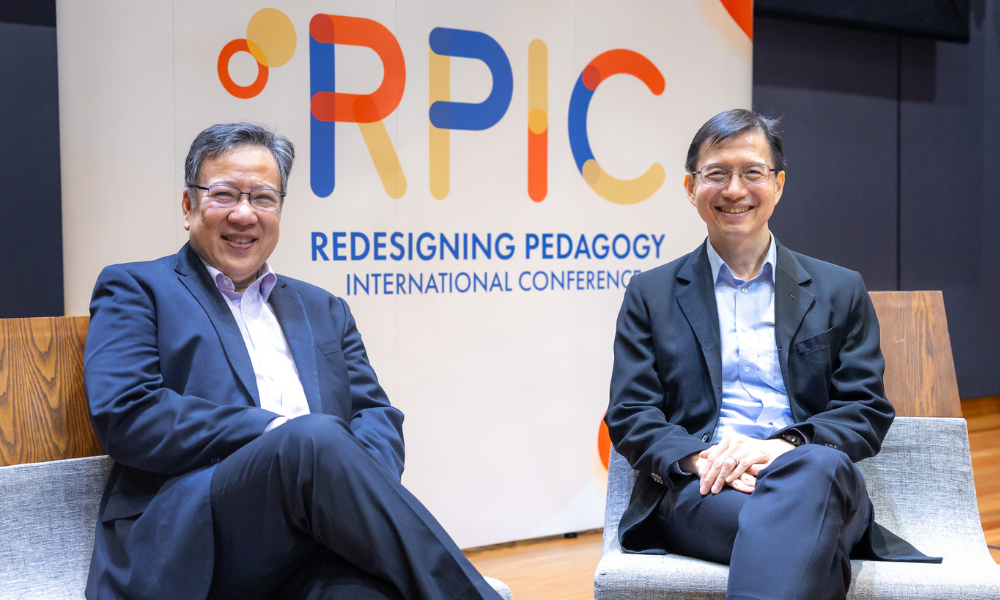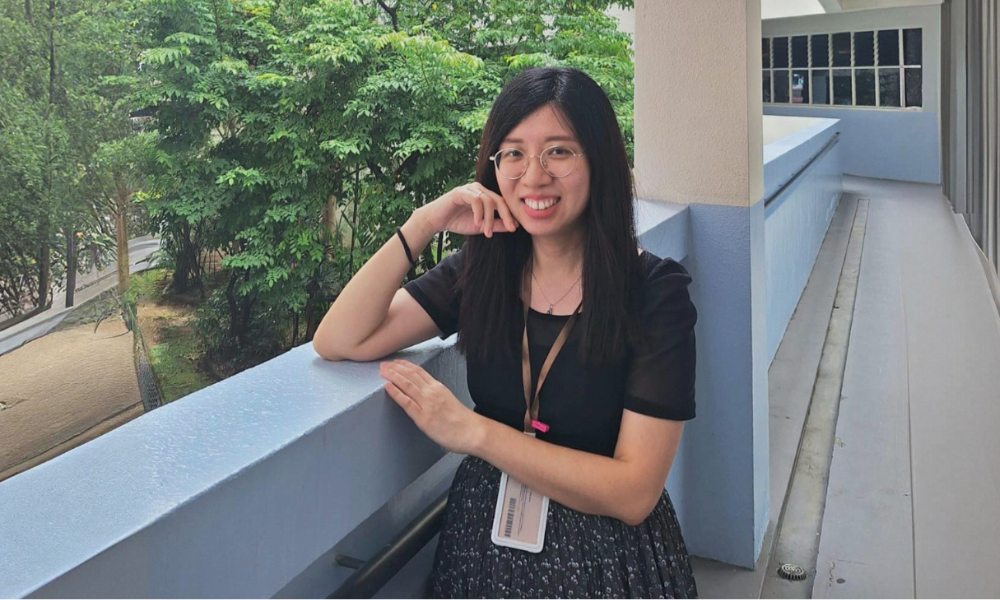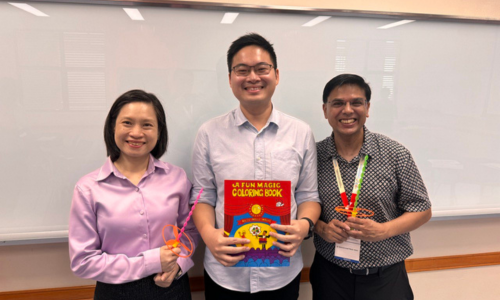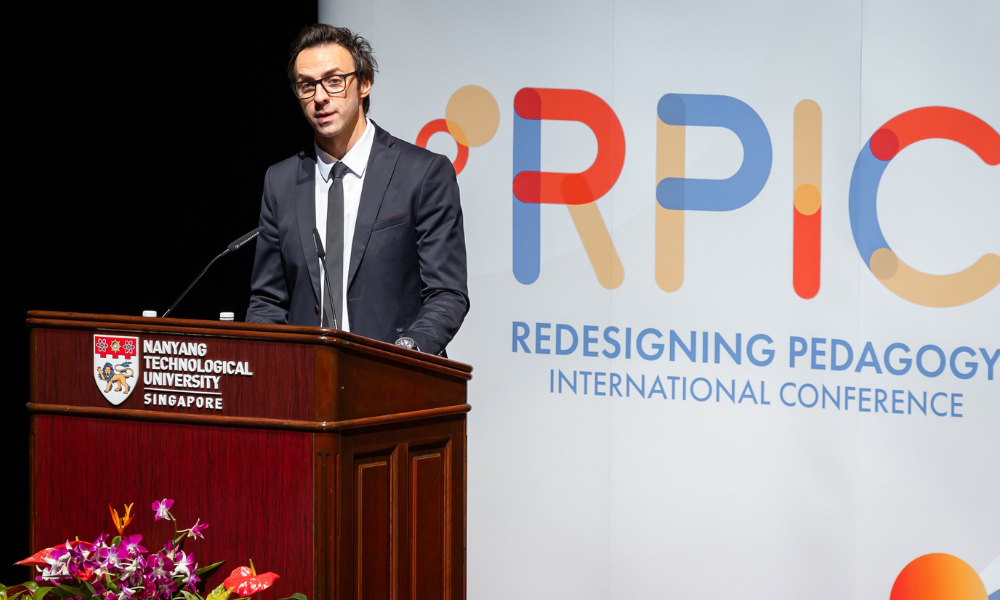Why Do Academics Use Such Big Words in Their Writing?
If the purpose of language is to communicate, you might think, from reading an academic article, that academics do not seem very adept at doing just that.
But before you throw up your hands, cursing the “poisonous language of academia” (Frisk, 2005), let’s find out why academics use terms that seem to frustrate the lay readers at every turn.
It’s Not a Secret Code
Academia is not, as most imagine, a lonely profession. In their chosen fields of study, academics work within a community where there already exist a group of researchers and practitioners.
To learn and be kept up-to-date on what’s happening in their area of study, members within the community read, discuss and analyse each other’s writing.
And as they respond to each other’s works, they began to develop and use certain discourse (read: conventions) to communicate and exchange information. Philosopher Thomas Kuhn called these enclaves of researchers, who share language, values and beliefs, “discourse communities” (cited in Flowerdew, 2000).
When young scholars start out, they cannot ignore these established practices. To be accepted and recognized as full-fledged members within the community, they have to demonstrate, usually through their writings, that they have learnt and understood these conventions.
And once they embark on this journey, this learning process never ends. Even after they have gained acceptance into the community, they cannot ignore these conventions if they want to get published. The definition of their success is measured by the acceptance of their writing for publication.
Not All Gloom and Doom
If at this point of the article, you were still hoping for a call to revolt against the language, you are going to be disappointed (see Frisk, 2005). The way academics use language is deeply entrenched because it is how they communicate with each other.
But this does not mean you should be left out of this process. Dennis Kwek, a research associate with the Centre of Research for Pedagogy and Practice, believes that persistence is the key. “If you persist, the articles will become easier because your brain gets rewired to read them.”
References
Flowerdew, J. (2000). Discourse community, legitimate peripheral participation, and the nonnative-English-speaking scholar. TESOL Quarterly, 34(1), pp. 127-150.
Frisk, R. (2005, May 14). Let us rebel against poisonous academics and their preposterous claptrap of exclusion. The Observer. Retrieved Feb 6, 2008, from https://www.selvesandothers.org/article9561.html






